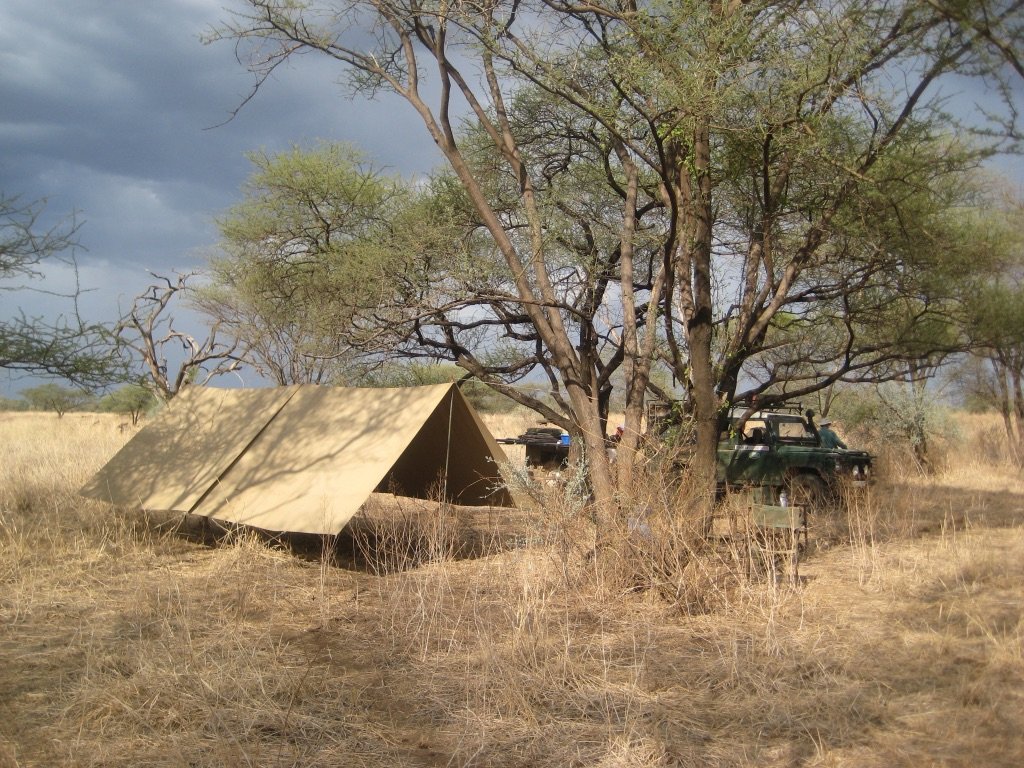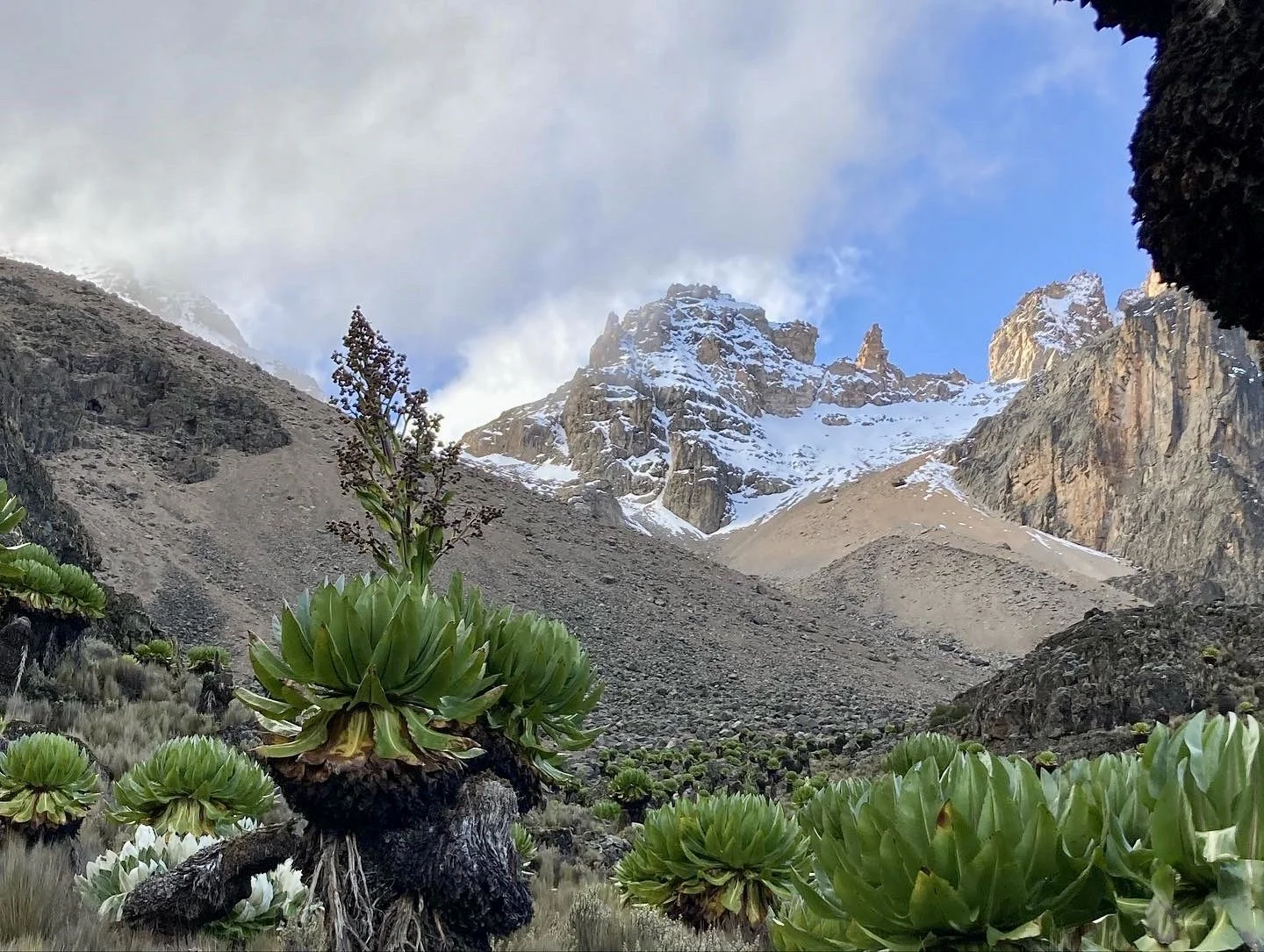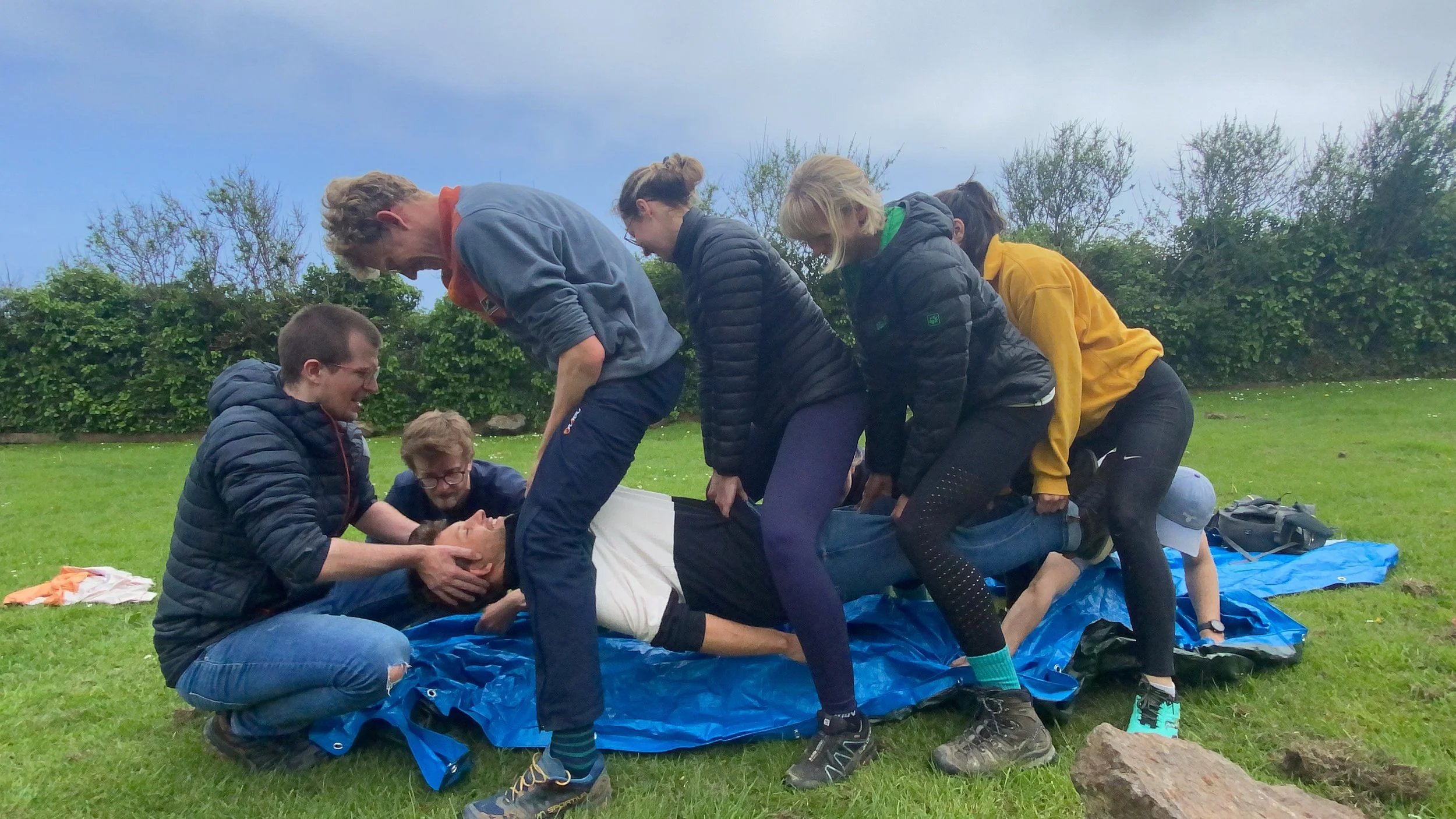
Wilderness First Responder - Safari environment

NEXT AVAILABLE COURSE
April 14-17, 2025
BORANA: MAZINGIRA YEZU VOLUNTEER CENTRE
6 day course
2 days pre-course learning (Self Directed)
4 days practical component in Borana headquarters
The Wilderness First Responder (WFR) course is an international recognised qualification offering 60 hours of learning / CPD.
This intensive and very practical course is delivered over 4 days, with 2 days of knowledge acquisition completed prior to the course. There is continuous practical assessment throughout the course and written exam on the final day.
The course gives a 2 year certificate for use of Prescription Only Medications (POMs) of drugs taught on the course and for use in remote settings outside the UK, and governance of administration of intramuscular injections and subcutaneous fluid. It is an ideal qualification for guides and outdoor instructors wanting to take their medical skills to the next level, or for healthcare professionals embarking on a career in expedition medicine.
If you are looking for a shorter course that specifically focuses on working in remote locations around the globe with very limited access to pre-hospital services then please review our
Remote Medical Responder Course.
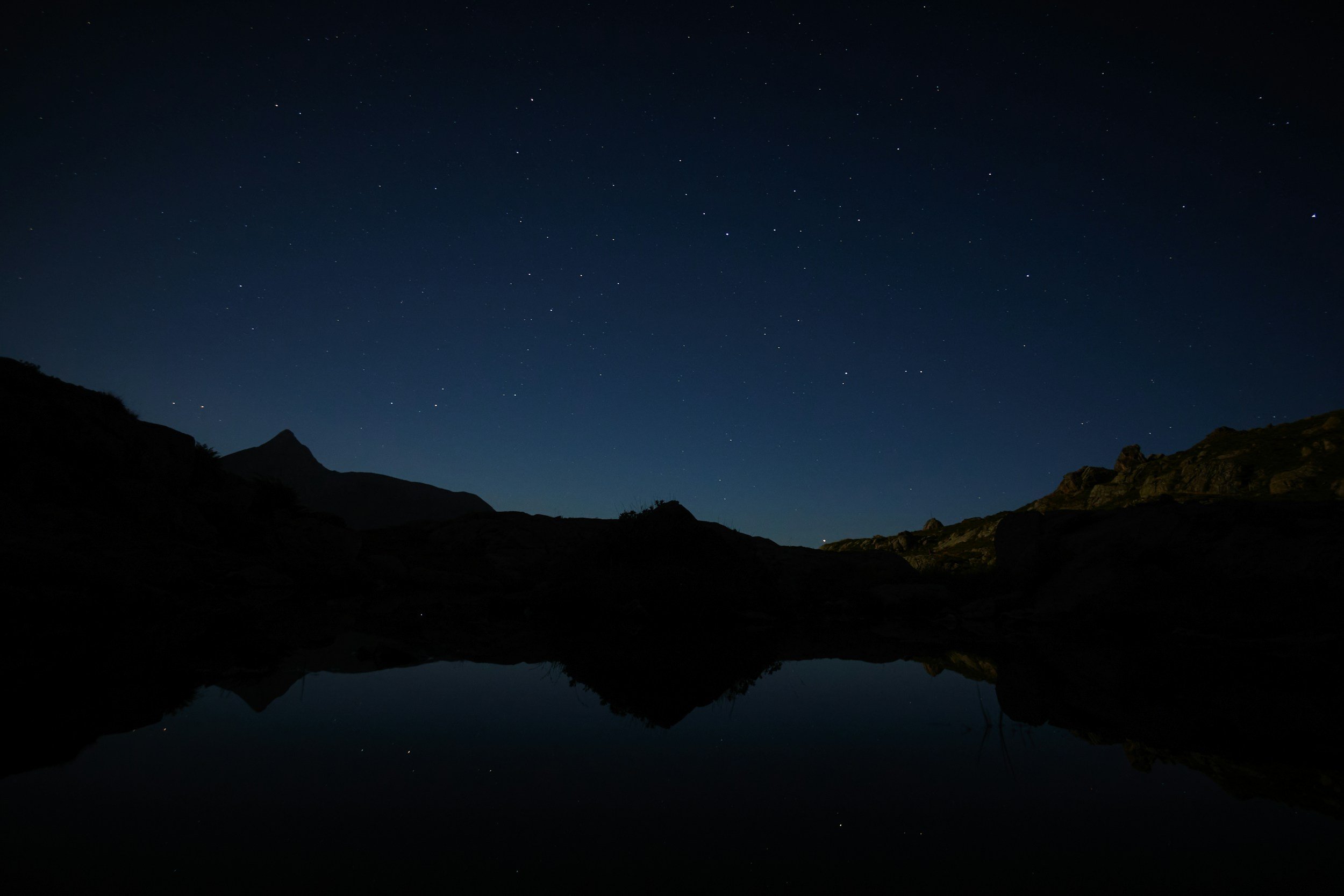

COURSE OVERVIEW
The course is designed and delivered by senior expedition medical doctors. Medical and trauma scenarios focus on remote and wilderness emergencies of the sort you may find when on an expedition within the UK, or countries with access to pre-hospital services. It is therefore also an excellent starting point for those junior clinicians looking to launch a career in expedition and wilderness medicine, providing you with the knowledge and skills to approach medical or trauma emergencies with structure and confidence, and the decision making and communication skills necessary for a timely evacuation.
The 6 day course includes 2 days of pre-course remote learning followed by 4 days of intensive practical teaching and learning using case discussions and scenarios of medical emergencies, trauma, wounds and burns, environmental injuries, and mental health and wellbeing; it also covers some of the non-medical aspects of being a WFR such as expedition medical planning, organising, putting together an expedition medical kit, camp skills, navigation and safety.
This course has been approved for Fellowship in the Academy of Wilderness Medicine credits through the Wilderness Medical Society. Actual credits awarded depend on personal credit needs and history
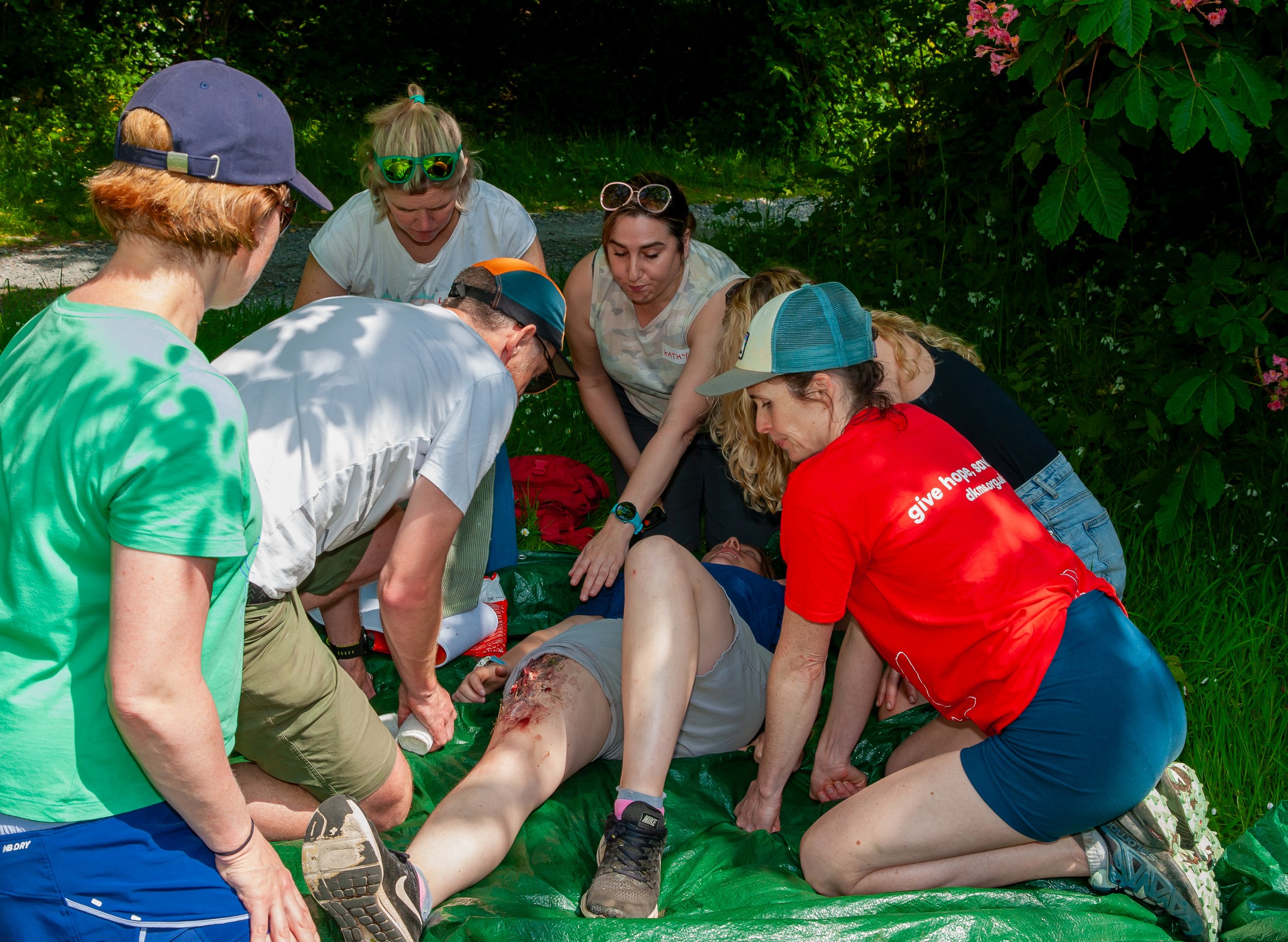
LOGISTICS
£650 / $795 USD
BORANA: MAZINGIRA YEZU VOLUNTEER CENTRE
INCLUDED
✓ Course tuition ✓ 2 years governance for Prescription only Medication ✓Endeavour flash cards
NOT INCLUDED
Accommodation, Food, Personal equipment

COURSE itinerary
-
Legal and ethical considerations of giving care in the wilderness
Expedition medical planning including human factors and heuristics
Basic Life Support
A-E assessment
Normal vital signs
BLS with basic airway management
Oxygen use, management and storage
Use of NPA (Nasopharyngeal Airways)
Demo of OPA (Oropharyngeal Airway) and iGel
Anaphylaxis
Drowning
Medical Illnesses:
asthma, cardiac disease, diabetes, gastrointestinal illness, stroke
Good nursing care
Environmental injuries; heat, cold, altitude, jungle
Tropical medicine, bites and stings
Head and spinal injuries
Chest and abdominal trauma
Fractures and dislocations
Expedition nutrition
Women’s health in the wilderness
-
09:30 Introductions and aims of the course
10:00 Round table medical planning workshop
11:00 Break
11:30 Practical round robin
DR ABCDE
BLS, AED, drowning, choking
Vital signs, airway (NP, with OPA demo) and oxygen
Anaphylaxis
13:00 Lunch
14:00 Practical:
Wounds and burns
Practice closing wounds with glue and steri strips
Application of bandages and dressings
15:00 Case discussion: medical illnesses refresher
15:45 Tea
16:15 Scenarios: medical illness and emergencies
17:30 Close
-
08:30 Workshop: legal and ethical considerations; documentation
09:00 Case discussions and practical:
Trauma recap
Wilderness triad
Catastrophic bleeding and tourniquets
Pelvic and femoral bleeding splinting
10:00 Review of of expedition medical plans (group activity)
10:30 Break
11:00 Public health and hygiene
12:00 Water purification
12:45 Lunch
13:30 Practical: head and spinal injuries
Assessment and tools for decision making
Log rolls
Straddle lifts
How to make a neck safe
Carrying casualties short distance
Packaging casualties for evacuation
Rope stretcher / improvised carry
15:00 Wilderness wellbeing
Culture on expeditions
Nutritional considerations
16:30 Close
-
08:30 Workshop: Bites and Stings
09:00 Practical: fractures, dislocations and splinting
Analgesia options in trauma - Penthrox demo
Assessing and splinting fractures, slings
Reducing dislocations: finger, shoulder, patella, ankle
10:30 Tea
11:00 Multi trauma and triage
Multi trauma scenarios
13:30 Lunch
14:30 Mental health discussion
16:00 Tea
16:15 Medical kits and drug checklist / documentation
17:30 Close
What would you take to: jungle / altitude / polar / desert
-
09:00 Practical: ENT and eyes
Examining and eye and removing a foreign body (lid eversion)
Examining an ear
Looking in a throat
Rapid rhino nose demo
10:00 Tea
10:15 Giving IM injections
11:15 Environmental illness case discussions / scenario
Heat, cold, tropical, altitude
13:00 Lunch
14:00 Scenarios: medical and trauma
Managing casualties at altitude
Managing casualties in very remote settings with prolonged field care
15:30 Tea
15:45 Written exam
16:30 Certificates
17:00 Course depart
What our course attendees have said

If you require further information about this course, please email us at:

